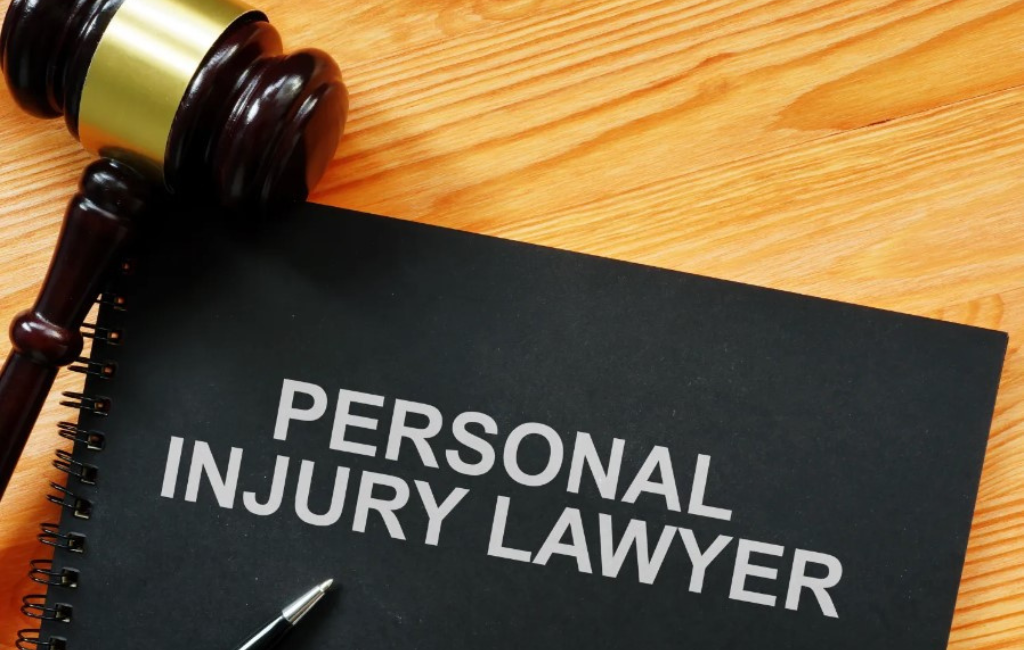Personal Injury Lawyer Protects Clients

Personal Injury Lawyer Protects Clients
When accidents occur, the aftermath can be overwhelming. From medical bills to lost wages, the financial and emotional toll can be significant. This is where a personal injury lawyer steps in, offering expertise and support to those in need. These legal professionals play a pivotal role in ensuring that victims receive the compensation they deserve.
Understanding Personal Injury Law
Personal injury law encompasses a wide range of cases where an individual suffers harm due to another’s negligence or intentional actions. This area of law is designed to provide relief to the injured party and deter others from committing similar offenses.
Types of Personal Injury Cases
- Car Accidents: One of the most common types of personal injury cases. Victims often face severe injuries and require legal assistance to navigate insurance claims and potential lawsuits.
- Medical Malpractice: Occurs when healthcare professionals fail to provide the standard of care, leading to patient harm.
- Slip and Fall: Property owners have a duty to maintain safe environments. When they fail, and someone gets injured, they may be held liable.
- Product Liability: Manufacturers can be held responsible if their products cause harm due to defects or inadequate warnings.
- Workplace Accidents: Employees injured on the job may seek compensation beyond workers’ compensation benefits.
The Role of a Personal Injury Lawyer
Personal injury lawyers are advocates for their clients, guiding them through the legal process and fighting for their rights. Their responsibilities are multifaceted and require a deep understanding of the law.
Case Evaluation and Investigation
Before taking on a case, a personal injury lawyer will conduct a thorough evaluation to determine its viability. This involves gathering evidence, interviewing witnesses, and consulting with experts. The goal is to build a strong case that supports the client’s claims.
Negotiating with Insurance Companies
Insurance companies often aim to minimize payouts. A skilled personal injury lawyer negotiates on behalf of the client, ensuring that they receive fair compensation. This involves presenting evidence, calculating damages, and countering any lowball offers.
Litigation and Trial Representation
If a settlement cannot be reached, the case may go to trial. Personal injury lawyers are prepared to represent their clients in court, presenting evidence and arguing the case before a judge or jury. Their expertise can significantly impact the outcome of the trial.
Case Studies: Real-Life Examples
Examining real-life cases can provide insight into the impact personal injury lawyers have on their clients’ lives.
Case Study 1: Car Accident Victim
In a notable case, a young woman was severely injured in a car accident caused by a distracted driver. Her personal injury lawyer successfully negotiated a settlement that covered her medical expenses, rehabilitation costs, and lost wages. The compensation allowed her to focus on recovery without financial stress.
Case Study 2: Medical Malpractice
A man suffered complications after a surgical procedure due to a surgeon’s negligence. His personal injury lawyer filed a lawsuit against the hospital and the surgeon, resulting in a substantial settlement. This case highlighted the importance of holding medical professionals accountable for their actions.
Statistics on Personal Injury Cases
Understanding the prevalence and outcomes of personal injury cases can shed light on the importance of legal representation.
- Car Accidents: According to the National Highway Traffic Safety Administration, there are approximately 6 million car accidents in the U.S. each year, with many resulting in personal injury claims.
- Medical Malpractice: A study by Johns Hopkins University found that medical errors are the third leading cause of death in the U.S., underscoring the need for legal recourse.
- Slip and Fall: The Centers for Disease Control and Prevention reports that over 800,000 patients are hospitalized annually due to fall injuries, many of which lead to legal action.
Choosing the Right Personal Injury Lawyer
Selecting the right lawyer can make a significant difference in the outcome of a case. Here are some factors to consider:
- Experience: Look for a lawyer with a proven track record in handling similar cases.
- Reputation: Research reviews and testimonials from past clients to gauge the lawyer’s reliability and success rate.
- Communication: A good lawyer should be accessible and willing to keep clients informed throughout the process.
- Fee Structure: Many personal injury lawyers work on a contingency basis, meaning they only get paid if the client wins the case.
Conclusion
Personal injury lawyers play an indispensable role in protecting the rights of those who have suffered due to another’s negligence. Through their expertise, they help clients navigate the complexities of the legal system, ensuring that justice is served. By understanding the types of cases they handle, the processes involved, and the impact they have, individuals can make informed decisions when seeking legal representation. The dedication and skill of personal injury lawyers not only provide relief to their clients but also contribute to a safer society by holding wrongdoers accountable.